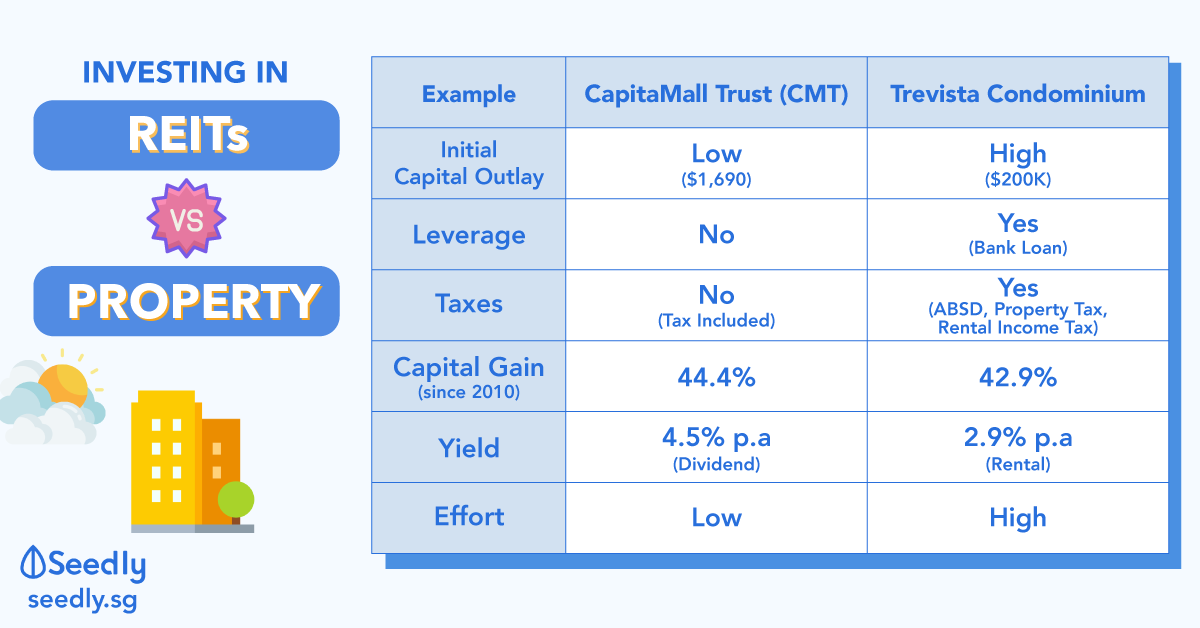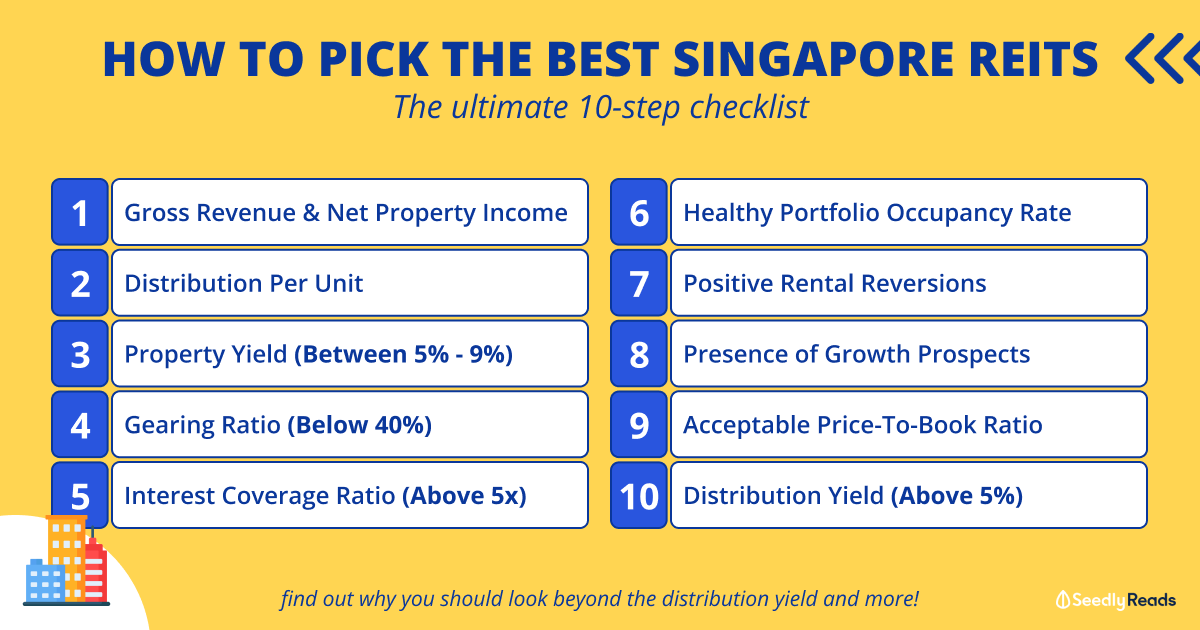Advertisement
Anonymous
Should I invest in STI or REITs as a newbie with minimal investing experience?
As a mid 20s newbie in investments, I've invested in some funds and unit trusts. Currently, I'm thinking of investing in STI ETFs or REITs. However, I am not sure which one I should go for next. I am looking for long term investments. Any advice? Thank you so much!
5
Discussion (5)
Learn how to style your text
Reply
Save
Short answer - index funds.
After thinking about what Warren Buffet taught,
a) index funds are low cost and dont erode returns through high fees.
b) the index self corrects in the long run.
c) the index will always go up in the long run.
d) there's no skill or knowledge involved because you are buying the average. So you can't be really doing worse than below average.
But what's the catch?
1) in the long run, we are all dead. So dont bother thinking 1-3 years is the long run if that's your timeframe... Its better to think of it in tens of years.
2) the index is effectively an average of the best blue chips in that market. It could be cream of the crop, but its still an average, which could really capture some underperformers, eg HPH trust on the STI.
3) the average and long run might not correspond to your own goals and targets. Eg the sti could still be underperforming in the short run when you want to withdraw it for retirement. Maybe not, but it could.
Buying individual counters will take homework, but the reward is you could do better (or worse than average), and it should be more aligned to your risk preference, timing etc.
The advantage of reits is really in stable dividend income (which is useful to some, eg in offsetting regular bills and expenses). You probably cant expect it to generate abnormal returns of appreciation.
As an analogy, if you are into rpg, the index is like a pre-built team with a mix of tanks (blue chips), healers (reits) and mages / high dps (growth stocks). You dont really get to control the mix. And it might not have the support you need for certain missions. But it would highly likely do better than a team with only tanks, or only healers (who can't really kill the boss), or only high dps (but may not live long enough to deal that much damage).
I think for starters, go with index in small manageable pace. Do your self learning in the meantime. Figure out after one to two years if this is what you want or could live with. If you think you can beat the market by then, you could start to customize according to your preference.
I myself am an dividend / passive income investor. I focus on generating recurring cashflow that either pay the bills or allow me to save up and buy good blue chip counters when they are on discount. In the long run, I should end up with higher amounts of recurring dividends per year. I don't buy index because I believe I can build a portfolio that has a higher dividend yield compared to the index, I am keeping fees low, and the recurring cashflow helps to buffer through the bad times. I know this is the strategy I want, and I am willing to do the homework to ensure it continues, and try to beat the sti in terms of return.
Reply
Save
Vincent Tan Wen Bin
30 Jul 2019
Assistant Vice President at Thinkers Alliance
If you are a newbie and would like to start investing, I would recommend you to go ETF instead of RE...
Read 1 other comments with a Seedly account
You will also enjoy exclusive benefits and get access to members only features.
Sign up or login with an email here
Write your thoughts
Related Articles
Related Posts
Related Posts
Advertisement










With minimal investing experience You should start slow and read much.
https://sias.org.sg/wp-content/uploads/pdf/SIAS...
The STI for the last 10 y (compared to U.S. SP500 and Lion-Phillip S-REIT in this chart)
was not really successful:
Singapore is too small a market on a global view. You could try to diversify globally and cheap by buying (& and holding longterm) large & cheap passive indexing stock ETFs.
Avoid mutual funds/unit trusts generally (super high fees compared to passive ETFs, eat away Your performance when even 0.5% p.a. to loos is much on a longterm view. And on average underperformers, almost always underperformers compared to appropriate passive benchmark indices. Mutual funds/Unit trust could be seen as a thing of the past, when decent retail investors trusted their bankers and didn't put into question the finance industry's biased informationn distribution. Rare exceptions exist, f.ex. Fidelity or Avanze/Sweden have ultra-low fee mutual funds, but why buying them when there still are so many ETF alternatives?
I collected some information and links here:
https://seedly.sg/questions/what-is-your-genera...